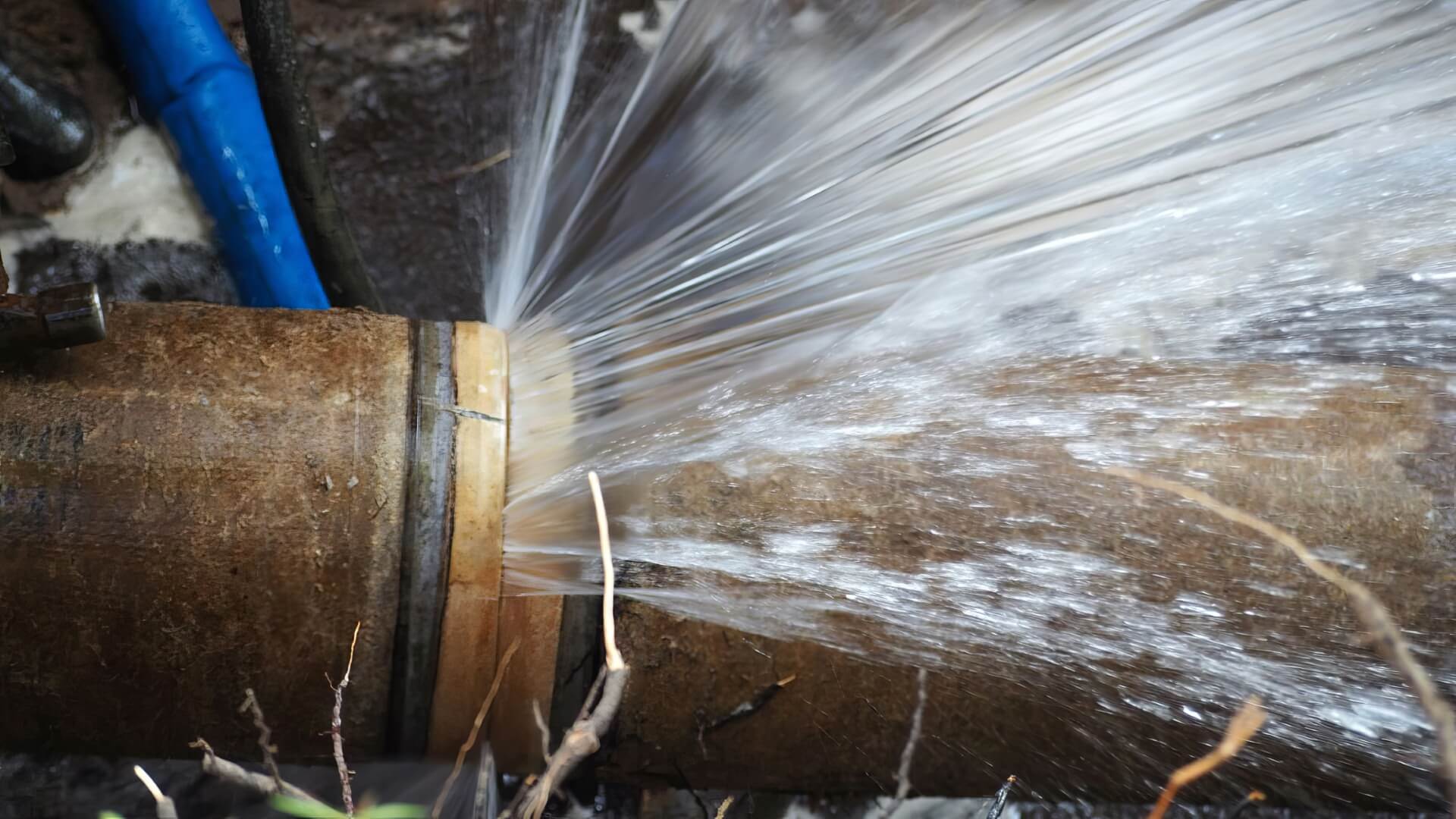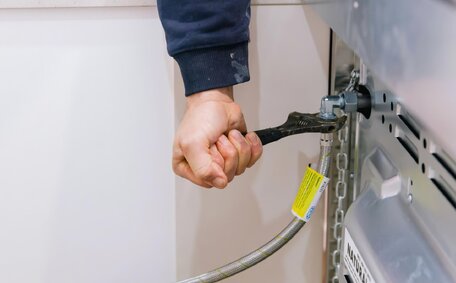Introduction to Natural Gas and its Financial Advantages
Natural gas plays a crucial role in Australia’s energy landscape, fulfilling approximately 25% of the country’s energy requirements. Natural gas plays a crucial role in Australia’s energy landscape, fulfilling approximately 25% of the country’s energy requirements.
When combusted, natural gas emits less carbon dioxide, nitrogen oxides, and sulphur dioxide into the atmosphere than coal and oil do.
Using natural gas can provide several key financial benefits.
Natural gas appliances and equipment tend to deliver more energy for the cost, efficiently serving the energy demand compared to electric or renewable energy alternatives. Heating a home with a natural gas furnace, also utilised in cogeneration systems, is about 50% cheaper than heating with electricity or oil. Furthermore, natural gas is more affordable on a per-unit basis, costing less per joule than other fossil fuels. For many households and businesses, switching to natural gas can lead to considerable cost savings over time.
The domestic gas system is also well established across Australia including in the Beecroft area, making natural gas a very convenient and readily available energy source for local homes and businesses. Expanding natural gas infrastructure can be cheaper than building electric transmission networks, saving municipalities construction costs.
While renewable energy generation is growing rapidly, natural gas, cleaner than coal gas, is likely to remain an important transitional energy source globally for years to come. Natural gas power plants can provide consistent energy, catering to fluctuating energy demand more easily than weather-dependent renewables like solar and wind power. As renewable technology, capacity expands mitigating the climate crisis, natural gas may play a decreasing role in electricity production but is likely to remain crucial for heating and industry over the medium term.
There are legitimate concerns that methane leaks, the primary component of natural gas, during extraction and transportation may offset some of the environmental advantages of natural gas over other fossil fuels.
Improving practises and technology to prevent methane emissions will be important for realising the potential benefits of natural gas during the transition to a renewable energy system.
Cost Efficiency of Natural Gas Appliances
Using natural gas appliances and equipment in homes and businesses can provide major cost savings compared to electric alternatives. Gas heating systems like furnaces, boilers, and water heaters generally cost about half as much to operate as electric heating per unit of energy delivered.
Gas furnaces can heat a home for merely 2 to 3 cents per square metre, significantly more cost-effective than the 5 to 6 cents required for electric heating. Over the lifespan of a gas furnace, those lower running costs translate into thousands of dollars of savings on energy bills compared to electric heating.
The more efficient design of new gas appliance models further maximises energy savings.
Besides lower energy bills, switching to natural gas can also boost property values. Homes with natural gas connections and gas appliance upgrades can sell for up to 8 percent more than comparable properties. For commercial properties as well, having modern, high-efficiency gas systems like boilers, water heaters, stoves and ovens can improve building valuation.
Some additional financial incentives are also available to help offset the upfront costs of new efficient gas appliances. Most gas utilities like Jemena and AGL offer rebates for buying energy efficient natural gas appliances certified under the AEGA energy rating scheme. State and federal government grants may also be accessible.
Lower Maintenance Costs of Natural Gas Systems
Natural gas systems like household lines, appliances, and heating units require relatively low maintenance compared to alternatives. Annual servicing costs for gas heating systems average around $180, while servicing electric heat pump systems can cost $285.
The closed, pressurised design of natural gas networks also reduces deterioration and removes the need for refuelling infrastructure - delivering ongoing supply savings. The underground network pipes have a long service life, with some lasting over 100 years.
Gas appliances also tend to have a significantly longer service life than electric ones before requiring replacement - up to 25 years for gas water heaters versus 8 years for electric units.
For larger commercial applications, natural gas systems sourced from well-managed gas reserves have lower overheads as well. The capacity for on-demand delivery from gas networks, which can adapt to fluctuations in demand, renders large storage facilities unnecessary. Maintenance is also simpler compared to handling the delivery of bulk liquified fuels like LPG and heating oil.
Comparing Emissions: Environmental Benefits vs Other Fossil Fuels
While natural gas can provide environmental advantages over other fossil fuels, it is not free of impacts. This means that for the same amount of energy produced, gas generates lower greenhouse gas emissions contributing to climate change.
When burned, natural gas releases up to 50% less carbon dioxide than coal and 30% less than oil, making it the least carbon-intensive fossil fuel.
Gas also generates far fewer toxic air pollutants like nitrogen and sulphur oxides, particulates, heavy metals mercury and lead. Transitioning from coal to cleaner-burning natural gas for electricity generation has led to a global reduction in these harmful pollutants.
However, leakage of methane during production, transportation and use can offset some of these gains. Methane is over 80 times more potent as a greenhouse gas than carbon dioxide over a 20-year timeline. Recent research indicates that methane leakage from shale gas activities could be significantly higher than conventional estimates suggest, highlighting the need for enhanced monitoring.
More broadly for gas to serve as an environmentally beneficial transition fuel on the path to decarbonisation, its role in energy systems must decrease over time. Investments in gas infrastructure should focus on elements that are consistent with long-term climate targets, rather than lock-in emissions for decades.
An integrated approach considering gas alongside renewables expansion is needed.
Convenience, Reliability and Safety Considerations
Having a domestic network of underground natural gas pipes enables the continuous delivery of gas to local homes and businesses in Beecroft. This on demand supply is extremely convenient, eliminating the need for onsite fuel storage and deliveries.
The extensive, weather-resistant pipeline infrastructure also makes natural gas a highly reliable energy source, capable of meeting peak energy demand. Supply continuity is highly stable, unlike off-grid renewables such as solar and wind power that depend on environmental variables.
Modern natural gas appliances in Australia adhere to strict safety standards, significantly reducing risks such as carbon monoxide leaks, using advanced sensors and shut-off valves. Annual servicing checks for any leaks or issues like blocked flues further minimise risks. Enhanced safety measures such as improved pipes, appliance design, and alarm systems have all boosted natural gas safety, benefiting from developments in efficient gas field technologies.
For households, gas stoves are now required to have flame failure devices installed which cut off the flow of gas if the flame goes out. All gas installations need certified workmanship with conforming components. Commercial kitchens have additional requirements like air extraction systems and fire suppression equipment.
Complying with gas safety regulations, using certified technicians for any new installations or alterations, and conducting regular maintenance ensures optimal safety. Well maintained gas systems are very safe for home and commercial use based on Australia’s stringent standards.
The Future: Renewables, Methane Emissions and the Role of Natural Gas
As the world moves towards clean energy to address climate change, the role of natural gas is set to evolve. Renewable energy sources like wind power and solar are expanding rapidly in countries like Australia to displace fossil fuel power plants. However, natural gas is likely to remain an important part of energy systems in the medium term.
Gas-fired power generation plays a key role in complementing variable renewable sources by offering flexible plant operation. Presently, there are limited low-carbon substitutes available to replace natural gas for heating and industrial purposes. Gas infrastructure also often lasts for decades, delaying phase-out.
However, to meet climate objectives, natural gas must reduce its proportion of total fossil fuel consumption. Without carbon capture integration, natural gas usage must likely drop to around one-third of its 2019 global levels by the mid-21st century. For Australia’s largest gas export market Japan, modelling indicates unabated gas use could drop by over 75 percent by 2050 under its net zero commitment.
Methane emissions concerns may also curb gas demand. Studies show the fossil fuel industry leaks far higher levels of methane than officially estimated - undermining the climate benefits. Satellite monitoring and measurement-based emissions charges are additional policy options.
Amidst the growth of renewables, the financial argument for gas appliances is diminishing for households and businesses contemplating energy investments. Decreasing costs of technologies, such as heat pumps, are becoming more economically feasible than natural gas for heating solutions. Current pipeline infrastructure keeps gas competitive for short-term energy demand, contingent on reducing methane emissions via industry reform.
Conclusion and Analysis
For Beecroft residents and businesses, natural gas delivers diverse economic benefits. Key among these is significant cost savings compared to electricity and other fuels. Gas appliances and heating systems can reduce energy bills by up to half, delivering thousands in lifetime savings.
Natural gas also provides convenience through its extensive delivery network removing the need for refuelling or fuel storage. Maintenance costs are lower as well - averaging around $180 annually for gas heating systems versus $285 for heat pumps.
From an environmental standpoint, natural gas surpasses coal and oil, generating fewer greenhouse gases and pollutants upon combustion. Yet leakage of the powerful warming gas methane during gas extraction undermines these gains. Tackling this via measurement-based emissions charging is critical.
As the world moves towards decarbonisation, renewables are expanding rapidly. But natural gas infrastructure often lasts decades and gas remains among the most affordable heating options currently. Households and businesses still have financial incentives to install efficient gas appliances, provided methane leakage is limited through reforms.
In conclusion, natural gas presents tangible utility savings and reduced air pollution for the Beecroft community. But its role must decrease over time to meet climate goals - even as existing pipeline networks continue enabling cost savings short-term. Get in touch today to find out how natural gas can meet your energy requirements.





